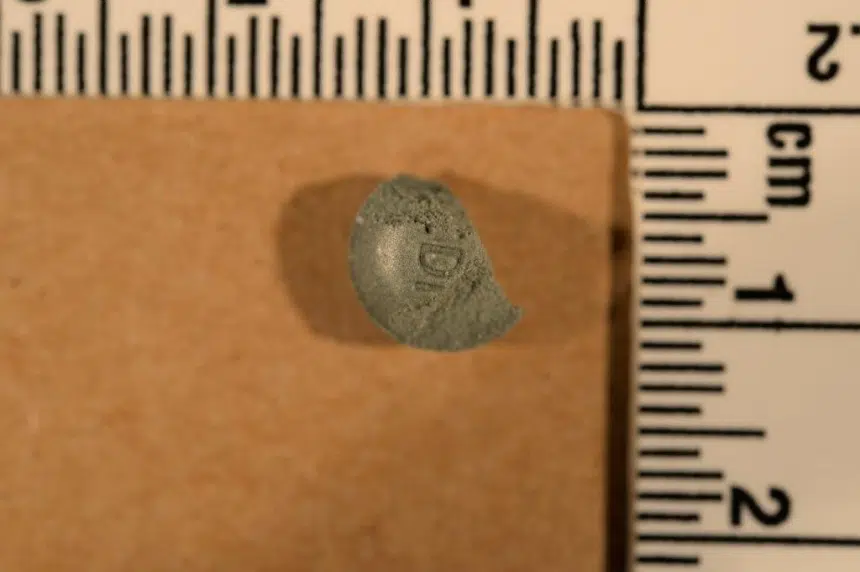Concerned.
That’s how Saskatoon Police Service (SPS) Supt. Patrick Nogier described the organization’s feelings on the overdose crisis within the city.
May has been the worst month so far in 2021, with 71 overdoses. Of those 71 overdoses, 10 came during a six-day stretch from Tuesday to Sunday of last week.
Five people died in that brief stretch, moving Saskatoon’s total to seven for the month.
And there is likely more, according to Nogier.
“Those numbers were alarming,” he said Wednesday. “There may be more … We’ve seen a steady incline (in overdoses). Now (we’re) trying to attribute why that’s occurring, and that’s the real challenge.”
The 71 in May is more than twice those that were recorded in January, when the SPS responded to 35 overdose occurrences.
What’s not recorded are those that go straight to Medavie Health Services West or unreported overdoses within the community.
Saskatchewan had experienced 138 overdose deaths in 2021 as of April 6. Those numbers will climb in the coming days as more numbers are released by the Saskatchewan Coroners Service.
Nogier said his team tracks all of the trends around drug enforcement, drug suppression and its strategies.
There has been a gradual progression, according to Nogier, since the 35 overdoses in January — with the exception of a decrease in April.
“We’re very concerned (by) the amount of drugs that are on the street. The potential for individuals to have severe health implications as a result of drug use seems to be on increasing trends because the individuals that are selling and supplying these drugs are not chemists, they’re not regulated and they’re putting people in very vulnerable situations,” Nogier said.
He added there have been struggles with immediate response on the ground, not knowing what drugs they’re dealing with or what the user is under the influence of.
“We need to have a better way of communicating with (the Ministry of) Health and the coroners’ office to try and get toxicology results as quick as we can,” Nogier said. “You’re limited by labs (and) the capacity …
“We’re dealing with the pandemic where lab resources are very precious. It’s difficult to try and get an analysis on a drug right away to know exactly what we’re dealing with.”
Nogier also said the people experiencing the overdoses aren’t in one specific region of Saskatoon — they’re happening everywhere.
“This doesn’t seem to have any social-economical bias to it,” he said. “When I look at the 10 most recent occurrences, we had individuals that were as young as a male in his late teens to a female in her mid-40s and from different areas and locations throughout the city.
“If anyone is predisposed to think that this is only occurring in certain areas of Saskatoon, they need to rethink that … This problem (will) affect all aspects and all areas of our community.”
One tool through which the justice system and police have been able to counteract some of the complexities around the criminality of drugs and possession charges is the Good Samaritan Overdose Act, which became law in May 2017.
The act allows people using, or anyone present during an overdose, the protection of not being charged with drug possession offences.
“(It) provides some legal protection for individuals who seek emergency help during an overdose. Really, this gets down to basic, fundamental kindness between human beings. It’s making sure we look out for each other,” Nogier said of the act.
“I know a lot of the public is concerned that there might be a punitive component to it that once police get involved, that they’re going to be potentially charged … Really, as a police service, we know that there has to be legislation in place that allows human beings to thrive and survive.”
Nogier did exercise a word of caution in respect to the act.
“Every case is based on its own circumstances. But generally speaking, if an individual is reaching out to provide assistance to someone who is in medical distress, we’re going to look at it like that — just that, from that perspective,” he said.
In SPS’s press release issued Tuesday, initial information indicated at some of the scenes, there was the presence of fentanyl during the overdoses recorded last week.
Medavie said it saw 21 patients during the stretch, using the lifesaving drug naloxone 29 times overall during the overdoses.







